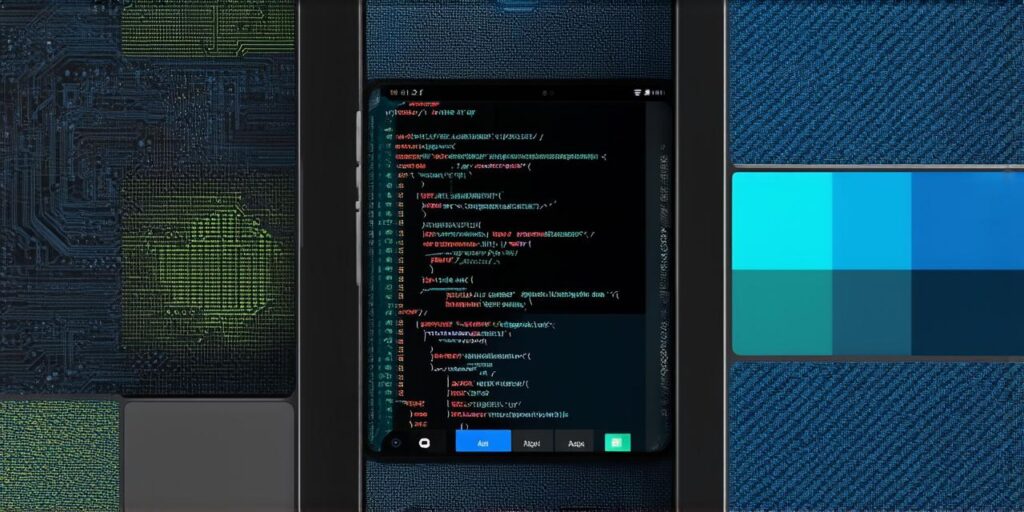Introduction:
Mobile application development has become a crucial part of modern businesses, as more people rely on smartphones and tablets for their daily lives. Developing mobile applications requires a unique set of skills and competencies that go beyond just programming. In this article, we will explore the essential competencies needed to successfully develop mobile applications.
1. Understanding Mobile Platforms:
The first and most important competency required for developing mobile applications is a deep understanding of the mobile platforms. Mobile platforms are different from web platforms and require a different set of technologies and programming languages. Developers need to be familiar with the specific features, capabilities, and limitations of each platform they are working on. This includes iOS, Android, Windows, and other emerging platforms.
2. User Experience (UX) Design:
User experience is crucial in mobile application development, as users expect a seamless and intuitive experience. Developers need to have a strong understanding of UX design principles, such as usability testing, user research, wireframing, prototyping, and visual design. They should also be familiar with popular UX design tools such as Sketch, Adobe XD, and Figma.
3. Mobile Application Development Frameworks:
Mobile application development frameworks are essential for rapid app development and can save time and resources. Developers need to have a good understanding of popular mobile application development frameworks such as React Native, Flutter, Xamarin, and Ionic. They should also be familiar with the features and limitations of each framework and know when to use them.
4. Mobile Application Testing:
Testing is an essential part of the mobile application development process. Developers need to have a good understanding of mobile application testing tools and techniques such as unit testing, integration testing, functional testing, and performance testing. They should also be familiar with popular testing frameworks such as JUnit, Espresso, and Detox.

5. Mobile Application Security:
Mobile applications are vulnerable to security threats, such as data breaches, malware, and phishing attacks. Developers need to have a good understanding of mobile application security best practices, such as encryption, authentication, authorization, and secure communication protocols. They should also be familiar with popular security frameworks such as OWASP and SANS.
6. Mobile Application Maintenance:
Mobile applications require regular maintenance to ensure they remain up-to-date, secure, and functional. Developers need to have a good understanding of mobile application maintenance best practices, such as code reviews, bug tracking, version control, and continuous integration and deployment. They should also be familiar with popular maintenance tools such as Jenkins, GitHub Actions, and Travis CI.
Summary:
Developing mobile applications requires a unique set of skills and competencies that go beyond just programming. Developers need to have a deep understanding of mobile platforms, user experience design, mobile application development frameworks, testing, security, and maintenance. By mastering these essential competencies, developers can create high-quality mobile applications that meet the needs of their users and help businesses succeed in the competitive mobile app marketplace.



